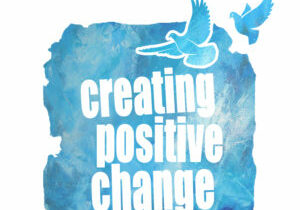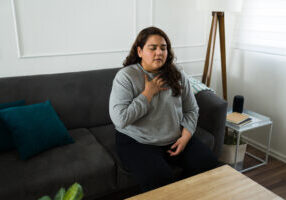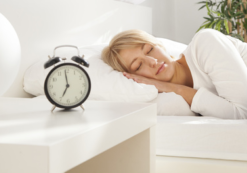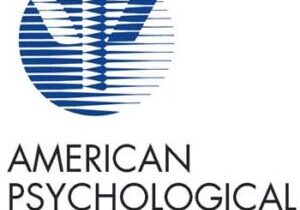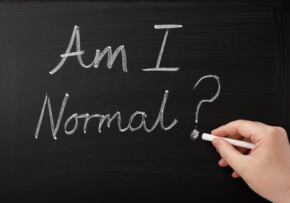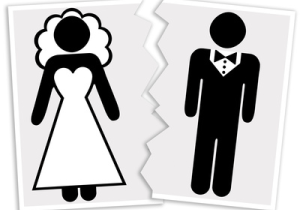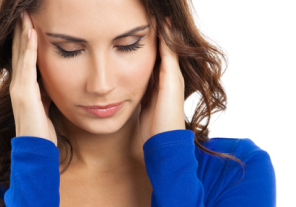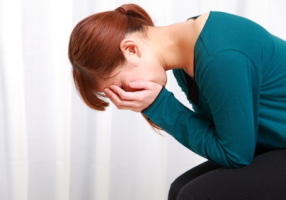Progress, not perfection!
Understanding Opiate Addiction And Treatment
Opiate addiction, like addiction to strong painkillers or heroin, is when someone's body and mind become reliant on these drugs. It's like a powerful urge that's really hard to control. People might start using opiates for pain relief or because it feels good, but over time, their bodies get used to having these drugs, and they need more and more to get the same feeling. This can lead to harmful effects on health and life. Breaking free from opiate addiction often involves getting help from doctors, counselors, and support groups to learn how to manage cravings and find healthier ways to cope with pain or stress. It can be a tough journey, but with the right support, recovery is possible.
Opiate addiction is a complex and challenging condition that affects many individuals. It often begins with the legitimate use of prescription painkillers and can escalate into a debilitating addiction. Effective outpatient treatments for opiate addiction include:
- Medication-Assisted Treatment (MAT):
- Medications such as buprenorphine and methadone can help manage cravings and withdrawal symptoms, allowing individuals to focus on their recovery.
- Psychotherapy and Counseling:
- Cognitive-behavioral therapy (CBT) and individual counseling provide crucial emotional support and teach coping strategies to prevent relapse.
While we may not always offer the exact opiate addiction treatment that will be best for you, our team will carefully evaluate your situation and explain the different opiate addiction treatment options available so that you can choose the very best addiction treatment for you.

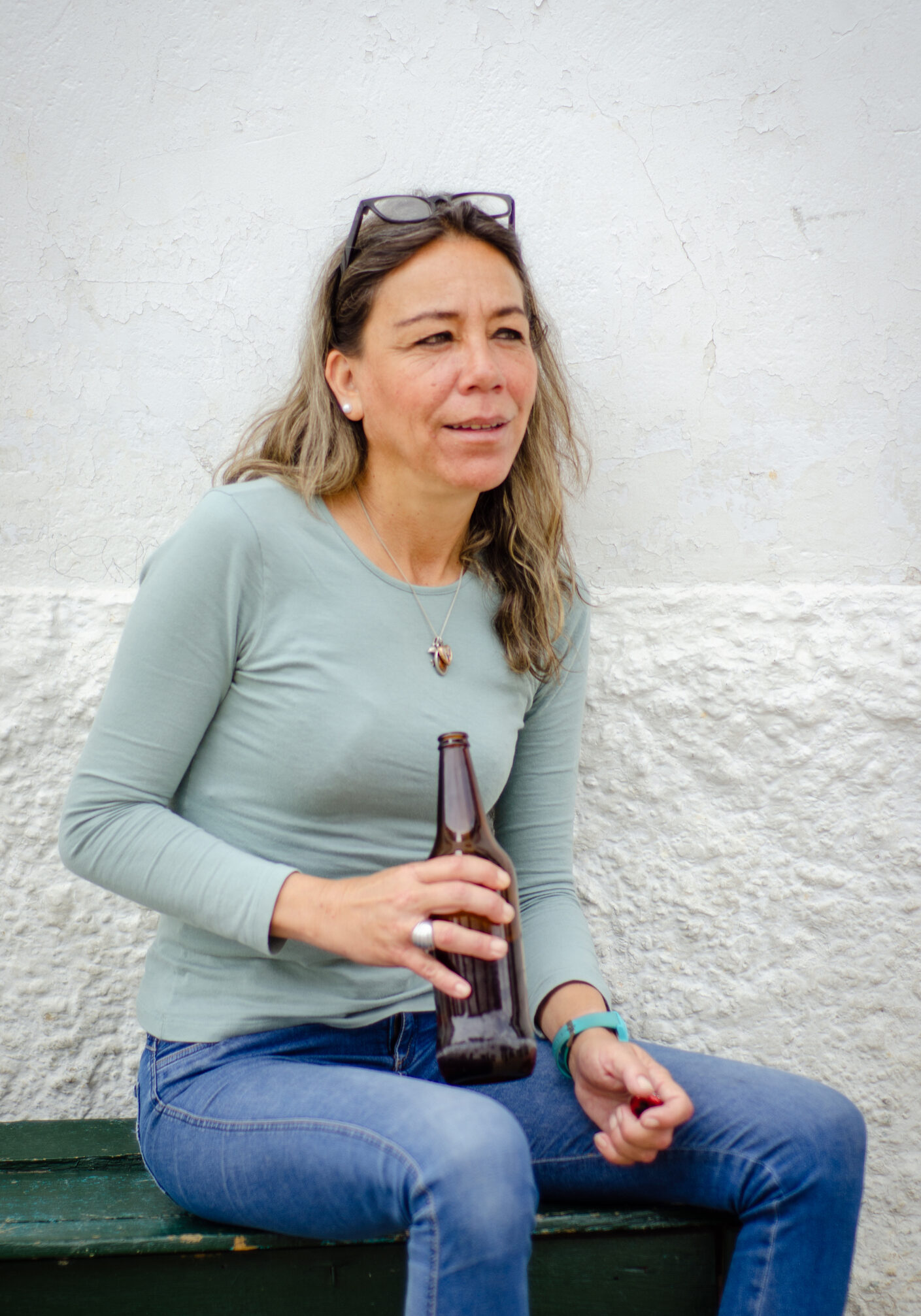
Why People Get Addicted To Benzodiazepines
Benzodiazepines, commonly prescribed for anxiety and sleep disorders, can lead to addiction when used outside of medical guidance. Some reasons for benzodiazepine addiction include self-medication and dependence on the calming effects. Effective outpatient treatments for benzodiazepine addiction include:
- Medication Management:
- Gradual tapering under the supervision of a psychiatrist to safely reduce dependence.
- Psychotherapy:
- Behavioral therapies like dialectical-behavior therapy (DBT) and support groups help individuals address the underlying causes of addiction.
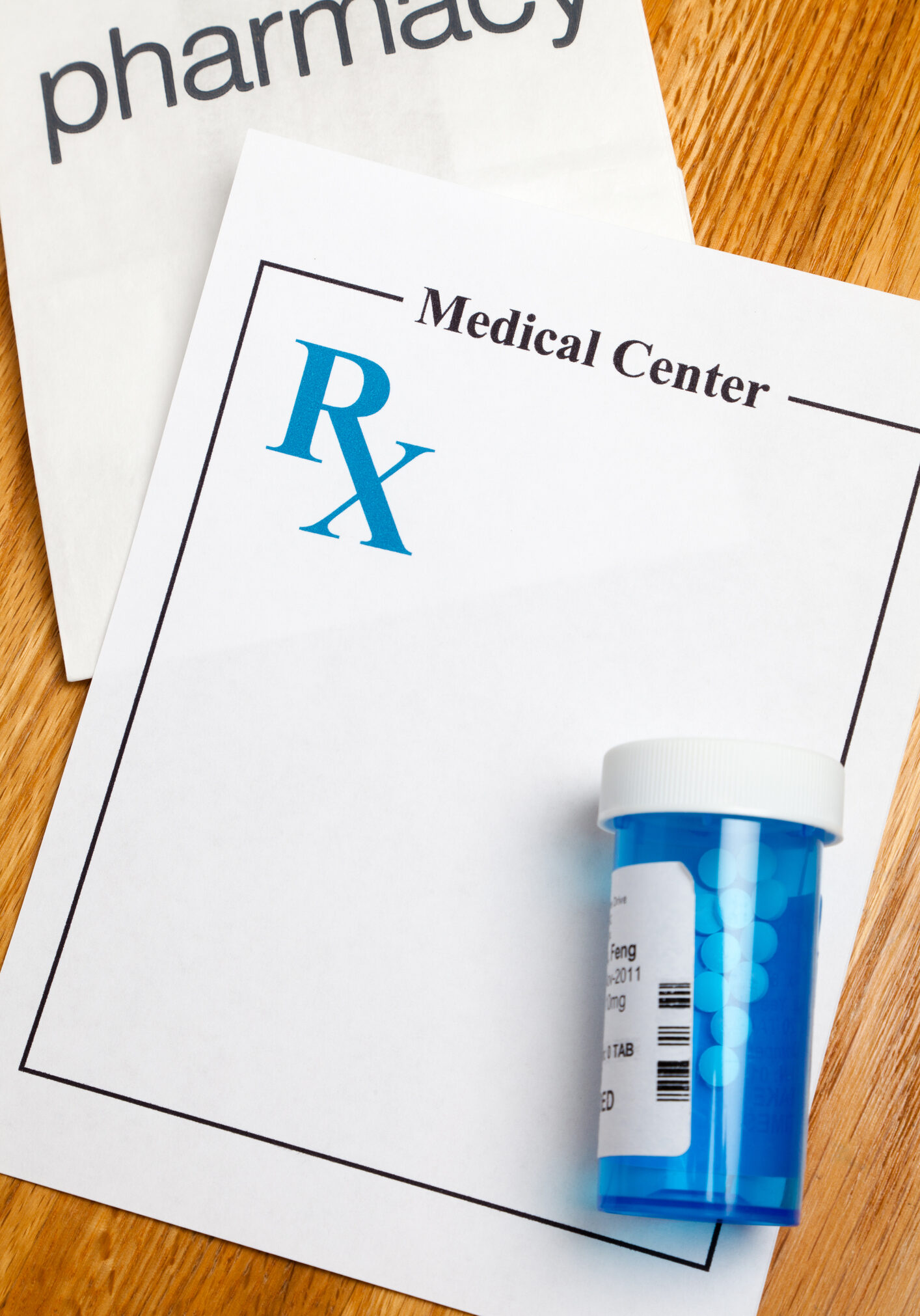

Specialized Addiction Treatment Embrace Your Strength Take the First Step Towards Recovery
You are stronger than you think, and your journey to recovery begins with one brave step: making that appointment. Remember, every champion was once a contender who refused to give up. Your life, your dreams, your happiness—they are all worth fighting for. Addiction might have held you back, but it doesn't define you. It's time to reclaim your power, break those chains, and emerge as the resilient, incredible person you are meant to be. The future is a blank canvas waiting for you to paint your success story. Reach out today, because you deserve a life filled with hope, healing, and boundless possibilities. You've got this, and we're here to support you every step of the way. Your brighter tomorrow begins with that appointment – seize it!




